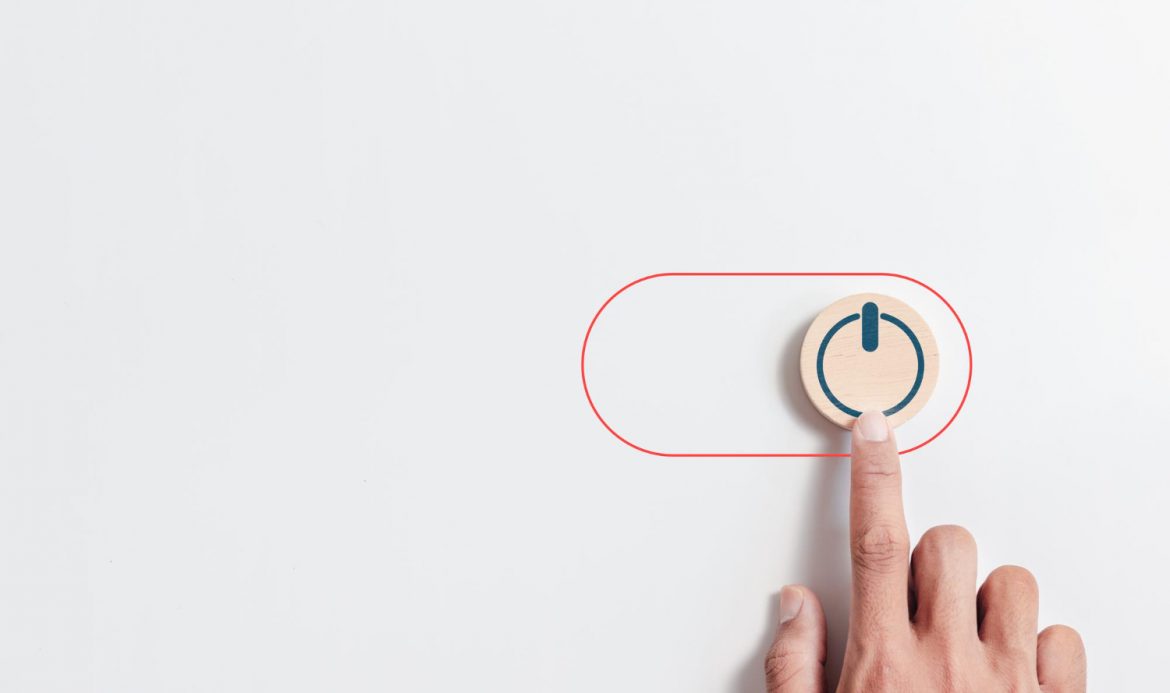In today’s hyper-connected world, where smartphones, laptops, and tablets are ubiquitous, taking a break from technology has become increasingly essential for preserving our mental well-being. The constant barrage of notifications, emails, and social media updates can take a toll on our mental health, leading to feelings of stress, anxiety, and overwhelm. Fortunately, the concept of a digital detox offers a solution—a deliberate and mindful break from screens to recharge, rejuvenate, and reconnect with ourselves and the world around us.
The Importance of Taking Breaks from Technology
1. Mental Health Impact
Constant connectivity has been linked to a range of mental health issues, including anxiety, depression, and burnout. Taking regular breaks from technology can help alleviate these symptoms and restore a sense of balance and tranquility to our lives.
2. Enhanced Focus and Productivity
Over-reliance on technology can impair our ability to concentrate and be present in the moment. By disconnecting from screens, we can sharpen our focus, boost productivity, and engage more fully in meaningful activities and interactions.
3. Improved Sleep Quality
Exposure to blue light emitted by screens can disrupt our circadian rhythm and interfere with sleep patterns. Disconnecting from technology before bedtime can help improve sleep quality and promote restful sleep, leading to better overall health and well-being.
Effects of Constant Connectivity on Mental Health
1. Increased Stress and Anxiety
The constant influx of information and stimuli from technology can trigger stress responses in the body, leading to feelings of overwhelm and anxiety.
2. Social Comparison and FOMO
Social media platforms often exacerbate feelings of inadequacy and comparison, as we compare our lives to the curated highlight reels of others. This can contribute to low self-esteem and a distorted perception of reality.
3. Reduced Attention Span
Excessive screen time has been shown to diminish our attention span and cognitive abilities, making it harder to concentrate and retain information.
Tips for Disconnecting
1. Set Boundaries
Establish clear boundaries around your technology use, such as designated screen-free times and zones in your home.
2. Practice Mindfulness
Incorporate mindfulness practices, such as meditation, deep breathing, or spending time in nature, to cultivate awareness and presence in the moment.
3. Engage in Offline Activities
Rediscover the joys of offline activities, such as reading a book, taking a walk, pursuing a hobby, or spending quality time with loved ones.
4. Schedule Regular Breaks
Make it a habit to take regular breaks from screens throughout the day, whether it’s a short walk outside, a brief meditation session, or a digital-free mealtime.
5. Prioritize Sleep Hygiene
Create a relaxing bedtime routine that includes unplugging from screens at least an hour before bedtime to promote better sleep quality.
Conclusion
In a world that’s constantly connected, taking time to unplug and recharge is more important than ever for safeguarding our mental well-being. By embracing the concept of a digital detox and implementing strategies to disconnect from technology, we can reclaim control over our lives, reduce stress and anxiety, and cultivate a healthier relationship with screens. So, why not give yourself the gift of a digital detox today? Your mind, body, and spirit will thank you for it.
